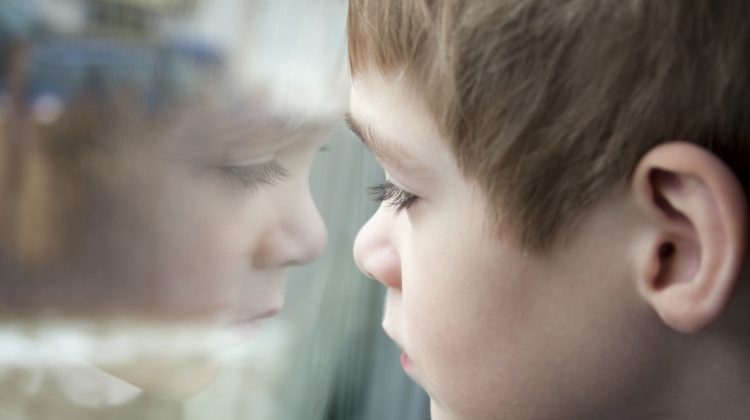Image provided by: Mark Moz (Flickr)
There’s only one way to unpack it: moving sucks. Physically and mentally, especially if there’s young children in the mix. In fact, adolescent movers may hold onto some of their luggage for years, creating some serious adult baggage.
What does adult baggage mean, exactly?
Moving children carries risks into their older years: increased chance of suicide attempts, drug abuse, criminality, psychiatric disorders and unnatural mortality. Move again in a single year and the chances only increase more.
This is all according to a study published in the American Journal of Preventive Medicine. Statistically speaking, researchers had an incredibly detailed data set to analyze- records of every single person born in Denmark from 1971 to 1997. Only children who attended a new school were considered “movers.”
And that makes sense. While moving is inherently stressful, enrolling in a new school means adapting to alien environments, configuring out unfamiliar social circles and making new friends.
Researchers concluded 12 to 14-year-olds are most vulnerable (so no, you aren’t crazy for thinking the cross-country move with the one-year-old was more traumatizing for you). For this age group, moving doubles the risk of suicide attempts, drug abuse and engaging in violent crime. Move again the same year, and the risks almost quadruple. This held true even when controlling for parental incomes and psychiatric history- meaning this isn’t just a poverty issue. The Washington Post made some nice data visualizations on the study for easier number digestion.
There’s a certain subset of America who this study may initially worry- so-called “military brats.” It’s common for U.S. military families to pack up and move across the country- or world- multiple times.
So are they doomed?
Probably not. This study crunched the data, not the unique reasons for moving. Frederic J. Medway, psychology professor and family relocation specialist at the University of South Carolina, told the The New York Times “military children fare well because the military eases transitions, and new children in military schools are usually in the same boat.”
Plenty of other research also highlights the benefits of moving to a higher-income neighborhood or for a parent’s job that comes with a significant pay raise. On the contrary, moving after a divorce or child custody battle may not be such an easy transition.
“A divorce can be an emotionally charged and trying time…perhaps you or your ex-spouse wants to relocate to another state to start a new life,” Phoenix divorce attorney DeeAn Gillespie writes. “However, when you have children, relocating can create a new host of challenges.”
She’s right. Living in a home with frequent fighting of course comes with its own set of adult consequences, ultimately affecting some children’s self-esteem. Low self-esteem may negatively impact their academic performance and overall social skills; not an ideal combination with the increased behavioral risks discovered in the aforementioned study.
Shigehiro Oishi, psychology professor at the University of Virginia, lead a separate study in 2010 also tracking the consequences of moving. He found adults who frequently moved as kids reported lower “well-being” and “life satisfaction”; they were also more likely to have died when researchers followed up 10 years later. But there’s one clear difference in this study.
“The negative association between the number of residential moves and well-being was observed among introverts but not among extroverts,” Oishi writes in the published study.
Let’s put that in simpler terms.
Think about your child’s personality traits- are they introverted or extroverted- when deciding to move. Extraversion by very definition is an interpersonal asset when it comes to making new friends and adjusting to new environments. Introverts, who tend to be more reserved and have a smaller inner-circle, may be initially paralyzed with anxiety and nerves. These, however, are broad generalizations.
For all the past-movers ready to box up their emotions for ruining their children, many family psychologists agree the troubles with moving are much more complicated than studies will ever be able to show. In the end, parents should take a deep look at their child’s personality traits and keep watch over their relationships throughout the move.





No Comment